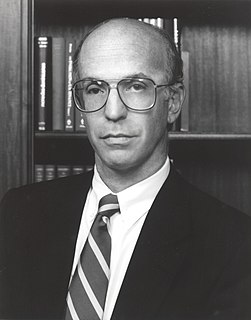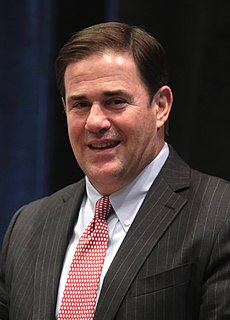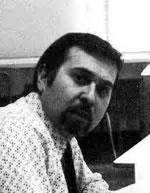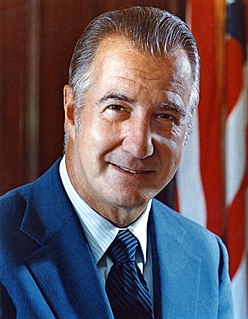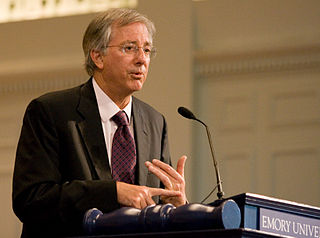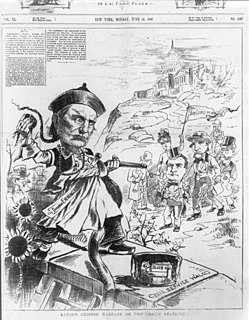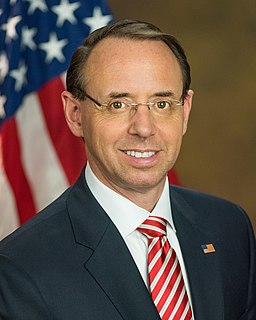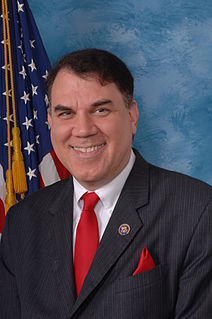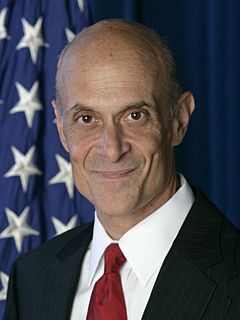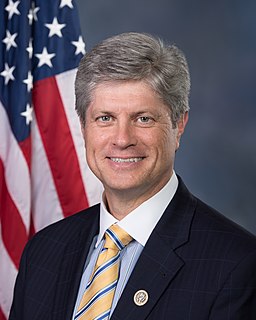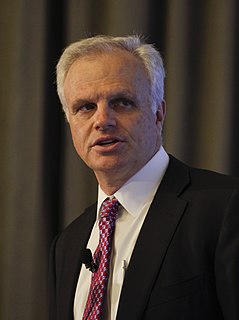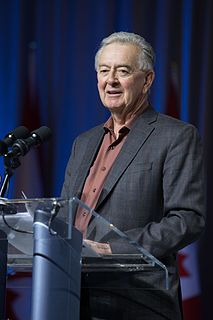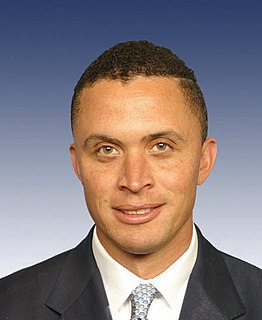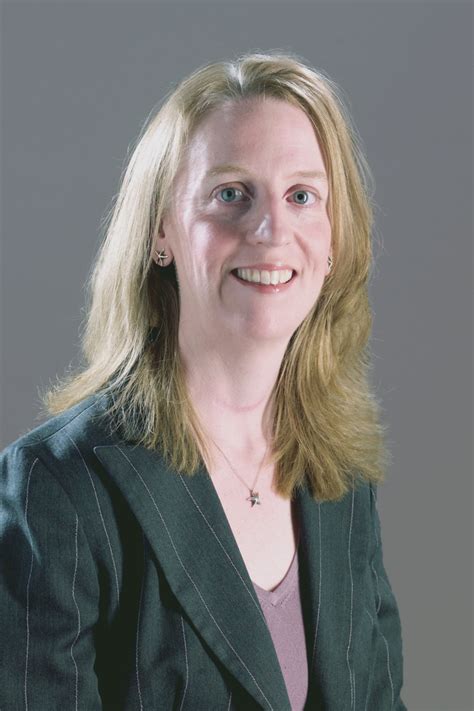Top 1200 Public Policy Quotes & Sayings - Page 4
Explore popular Public Policy quotes.
Last updated on December 4, 2024.
There is nothing puzzling ... about America's gratuitously aggressive foreign policy or about the oligarchs' successful efforts to drag the Republic into five wars. What an aggressive foreign policy accomplishes by slow degrees, a state of war accomplishes in a trice. Overnight [war] kills reform, overnight it transforms insurgents into traitors and the Republic into an imperiled realm. Overnight it strangles free politics, distracts and overawes the citizenry. Overnight it blasts public hope.
Brian Walker and David Salt have written a thoughtful and powerful book to help resource users and managers put resilience thinking into practice and aim toward increasing the sustainability of our world. I urge public officials, scholars, and students in public policy programs to place this volume on their list of must-read books. It is a powerful antidote to the overly simplified proposals too often offered as solutions to contemporary problems at multiple scales.
If you're working on better conditions for prisoners, if you make that a popular issue and you invite mainstream media to weigh in on that subject, you're going to end up with a much more regressive public-policy environment than if you approach it in a quieter way. It's not because the public is stupid, it's just that people with only a cursory interest in something are going to have a knee-jerk reaction to it. That's impossible to explain in a cable-news media... it doesn't make sense.
I have looked at public opinion polls in France in the late 1940s and early 1950s during the height of Marshall Plan aid. They had a very negative attitude towards the United States then. There were negative attitudes towards the United States because of Vietnam. There were negative attitudes about the United States when Reagan wanted to deploy intermediate range ballistic missiles. I don't think the president should base his foreign policy on American public opinion polls, let alone foreign public opinion polls.
Now, I can't help but feel inferior. When I'm out in public in Afghanistan, I feel inferior because I'm doing everything I can to stay hidden, silent. I feel inferior because I am seeing firsthand the impact of America's foreign policy and can't help but feel like a living, breathing representation of that - despite my own personal views about that policy. It reinforces to me that I want to be part of the solution - and I want my work to be part of the solution - not part of the problem.
I spoke with Gerhard Schröder about a lot of things, including foreign policy. Schröder knows how important European policy is to me personally. I have worked together with Angela Merkel on European policy for many years, so I was surprised when Volker Kauder who has little experience in European policy, claimed that I had not represented German interests in Europe. That's an example of how the conservatives conduct an election campaign.
The view that we know less than we thought we knew about how to change the human condition came, in time, to be called neoconservatism. Many ... , myself included, disliked the term because we did not think we were conservative, neo or paleo. (I voted for John Kennedy, Lyndon Johnson and Hubert Humphrey and worked in the latter's presidential campaign.) It would have been better if we had been called policy skeptics; that is, people who thought it was hard, though not impossible, to make useful and important changes in public policy.
Secularists are wrong when they ask believers to leave their religion at the door before entering into the public square. Frederick Douglass, Abraham Lincoln, Williams Jennings Bryan, Dorothy Day, Martin Luther King - indeed, the majority of great reformers in American history - were not only motivated by faith, but repeatedly used religious language to argue for their cause. To say that men and women should not inject their "personal morality" into public policy debates is a practical absurdity.




